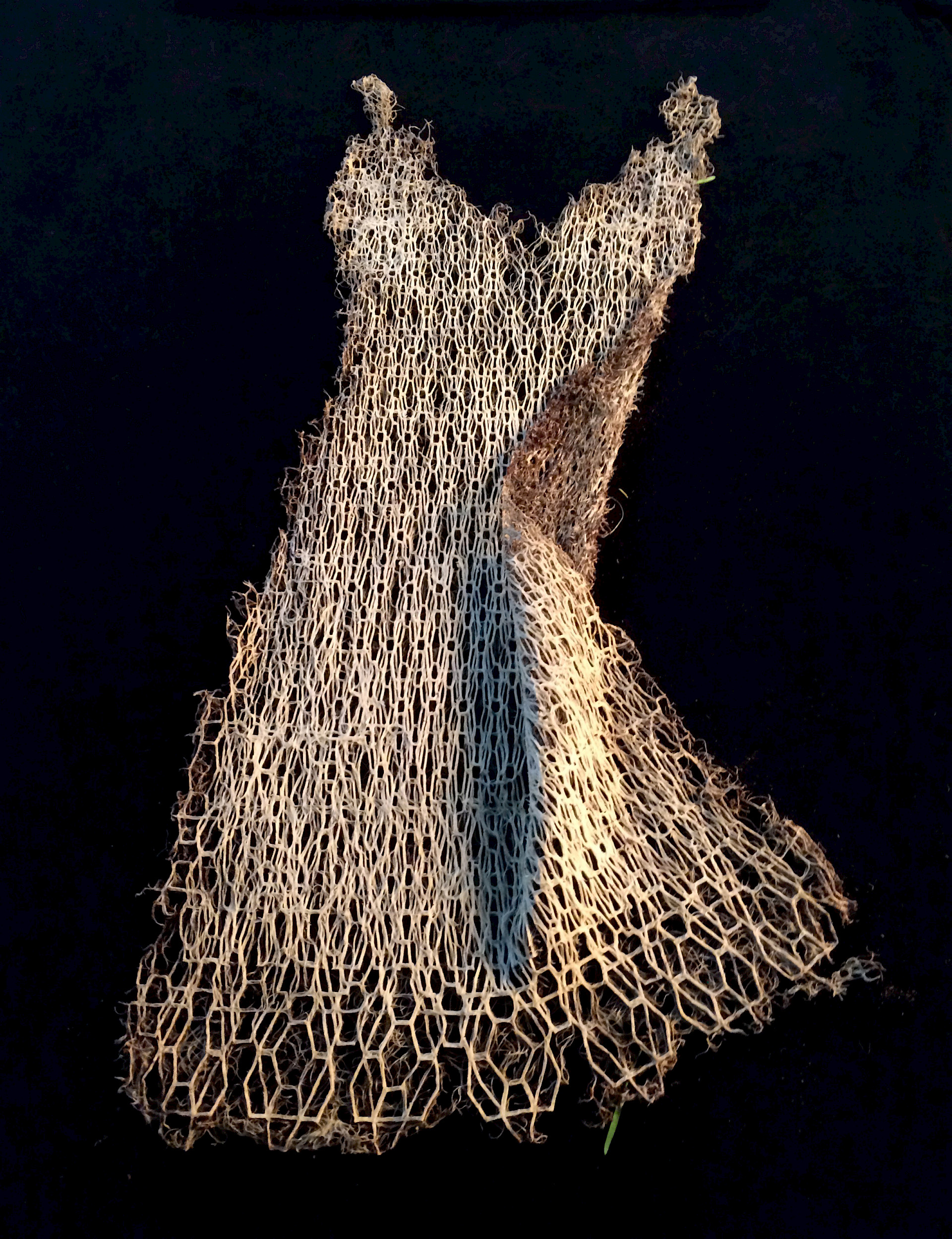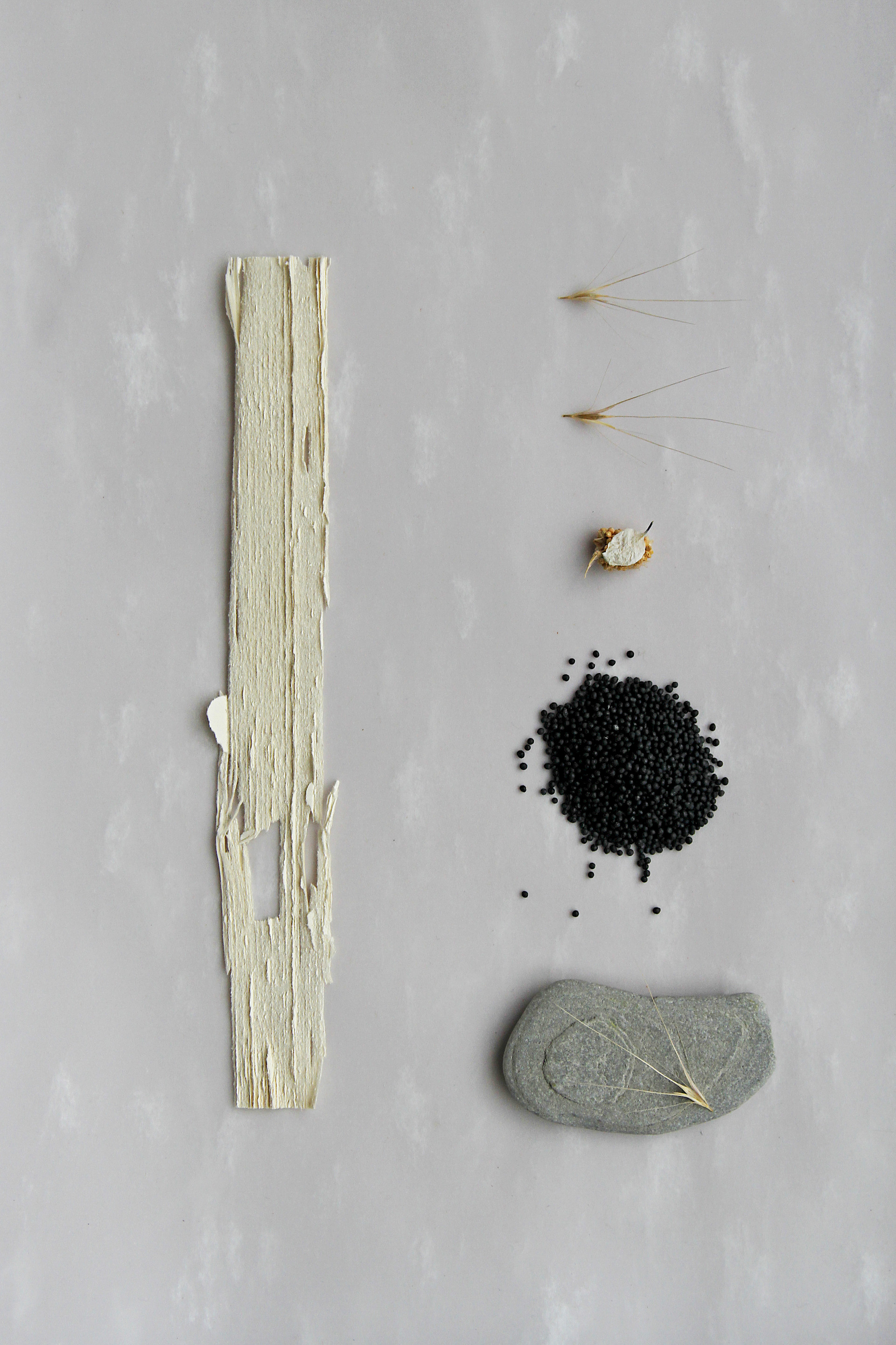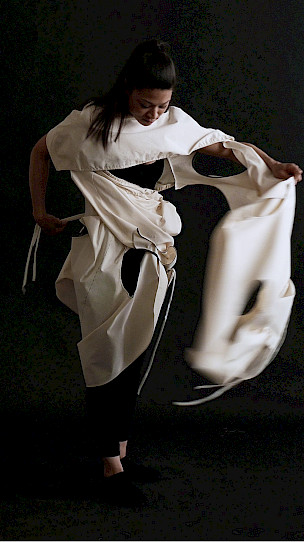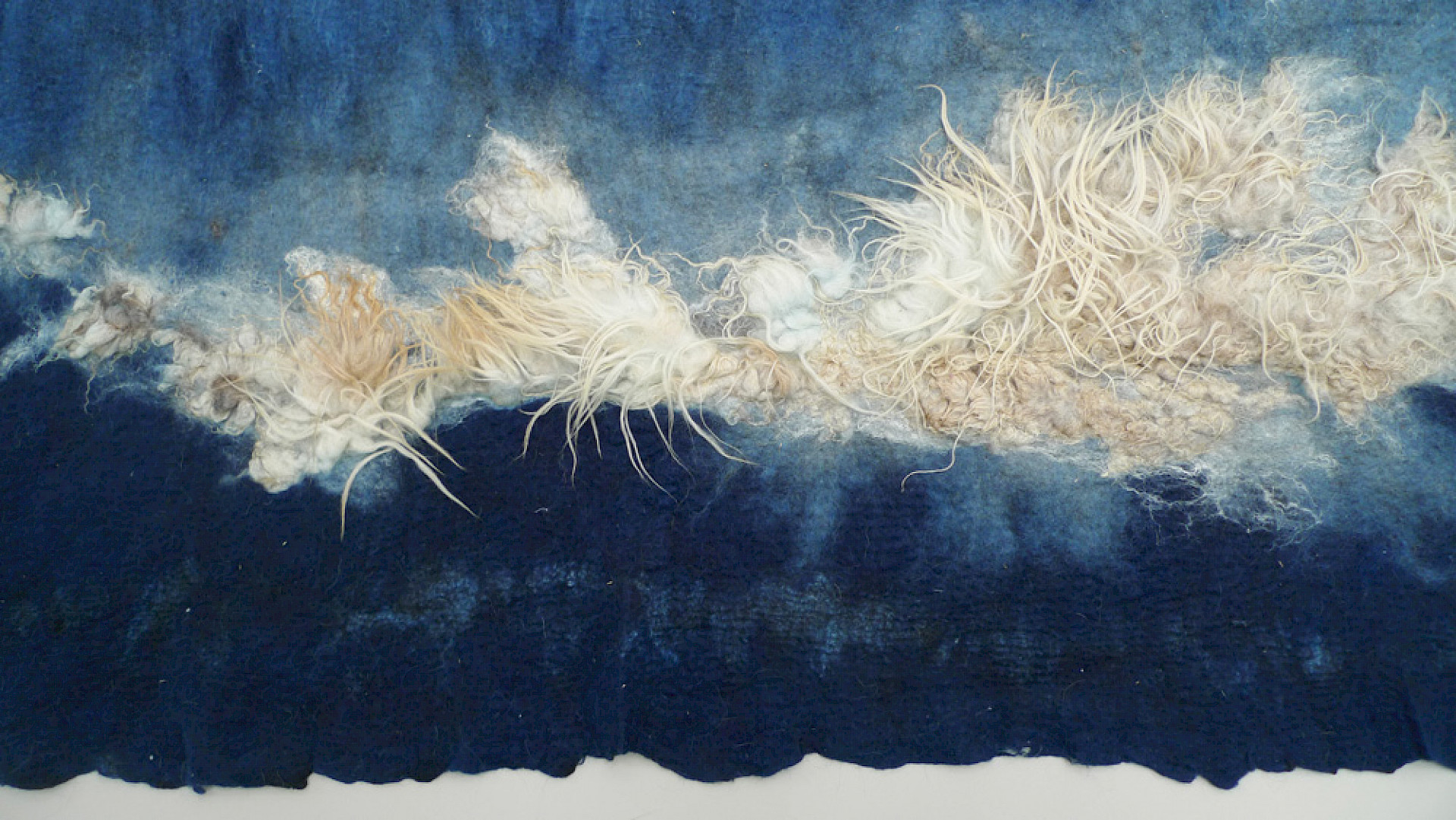Moving towards a more ethical and meaningful future entails redefining how we engage with matter, materiality and material resources. Matter deserves to matter more. A renewed engagement with the matter of fashion will thus help to dissolve fashion’s materialistic Ego.
When discussing material matters, it is crucial to refer to bodily matter as well – the physicality of the human body – which is the material dimension of our embodied existence. This is the ‘living matter’ of fashion’s human dimension. Moving towards an ethical engagement with materials, we also need to emphasise the human touch, literally. This entails the relationship between the physical body and the materiality of objects, which is often an affective (or emotional) relationship in which the senses play a crucial role. Building upon ‘embodiment’ in relation to ethical subjectivity and human values, this article will highlight materiality, physicality, the affective and the senses.

From a philosophical point of view ‘New materialism’ is a recent cultural and philosophical theory (e.g. Coole & Frost 2010) that aims to give special attention to matter and to the actual materiality of matter.New materialism proposes a renewed focus on materiality that incorporates bodily matter. It thus concerns both physical and experiential living bodies and material things. A new-materialist approach to fashion is a way to revalue living, experiential bodies, as well as the materiality of fashion objects – including the interaction between the physical body and material objects. As such, embodiment is an important part of new materialism.
It
is important to further explore how an embodied and new-materialist approach would affect fashion practices and experiences because this enables a more direct human engagement with the material objects
of fashion. In a new-materialist sense, fashion can be viewed in terms of numerous transformative encounters between physical bodies, hands, and material objects. It is a continuous process of interacting material connections between fabrics, colours, textures acting on one another ina reciprocal relationship – continuously taking shape and coming into being as a temporary material and visual form, which might change or dissolve again over time.

Explorative practices invite a reconsideration of how we engage with materials. It also highlights that materials have agency or ‘agential qualities’ (Barad 2003) as well. This means that materials are not simply passive inanimate objects, but active agents. Materials play an active role, for example, in relating to the body, in becoming garments, and in creating meaning. Acknowledging the agency of (living) materials and their relationship to the wearer is crucial to alternative approaches that guide fashion’s transition to a more ethical and engaged future. In order to better understand human engagement with matter, it is important to explore the affective and sensorial dimensions of fashion. Affect is about being moved, being touched. It is the initial moment of intensity before we are able to give a name to an emotion that might arise. Moreover, the senses are crucial in order to imagine the future.
In (future) practices of making, designing and wearing clothes, it is, therefore, important to take into account the senses, embodiment and the affective dimension of fashion’s materiality. Exploring how to move to an affective approach to fashion – towards an aesthetics of affect – and
a multisensorial lived embodied experience is essential in redefining our relationship to the matter of fashion.
Read more in Dissolving the Ego of Fashion: Engaging with Human Matters. Book available at artezpress.artez.nl.
To know more about the mentioned works, please access margretwibmer.eu, jonesarnhem.com and claudyjongstra.com.



